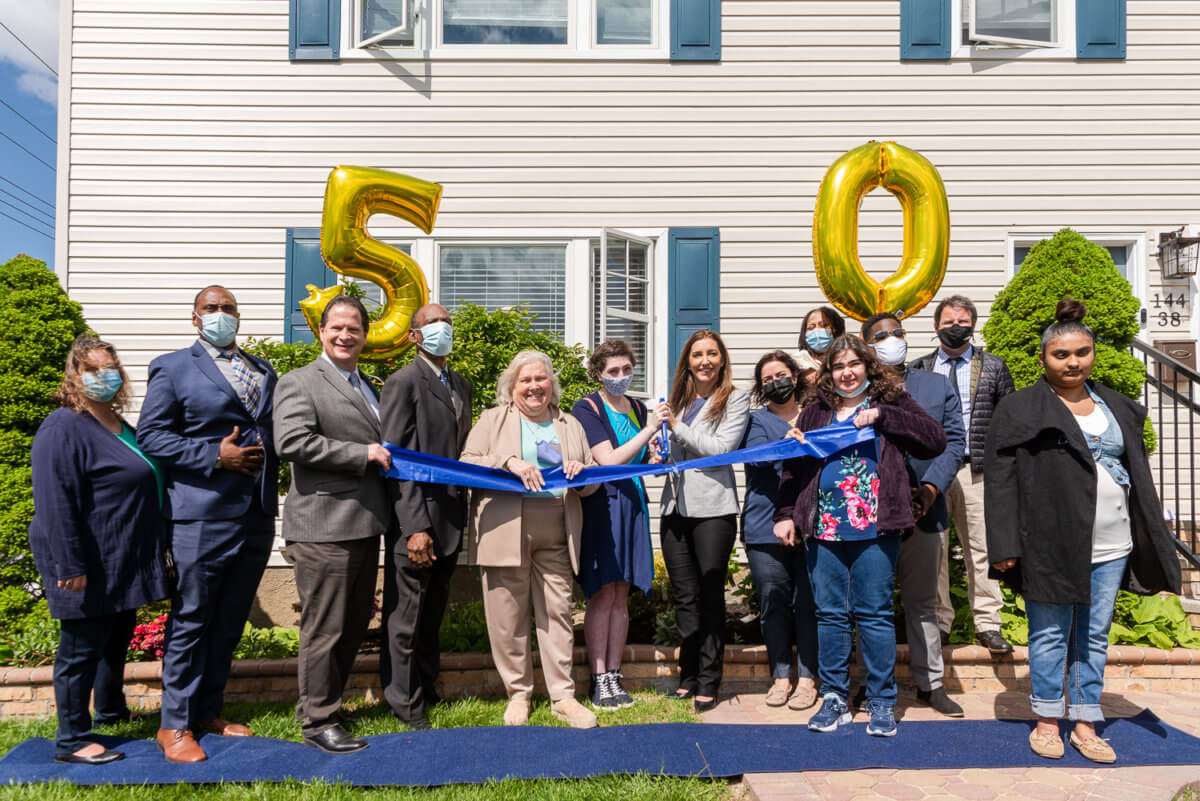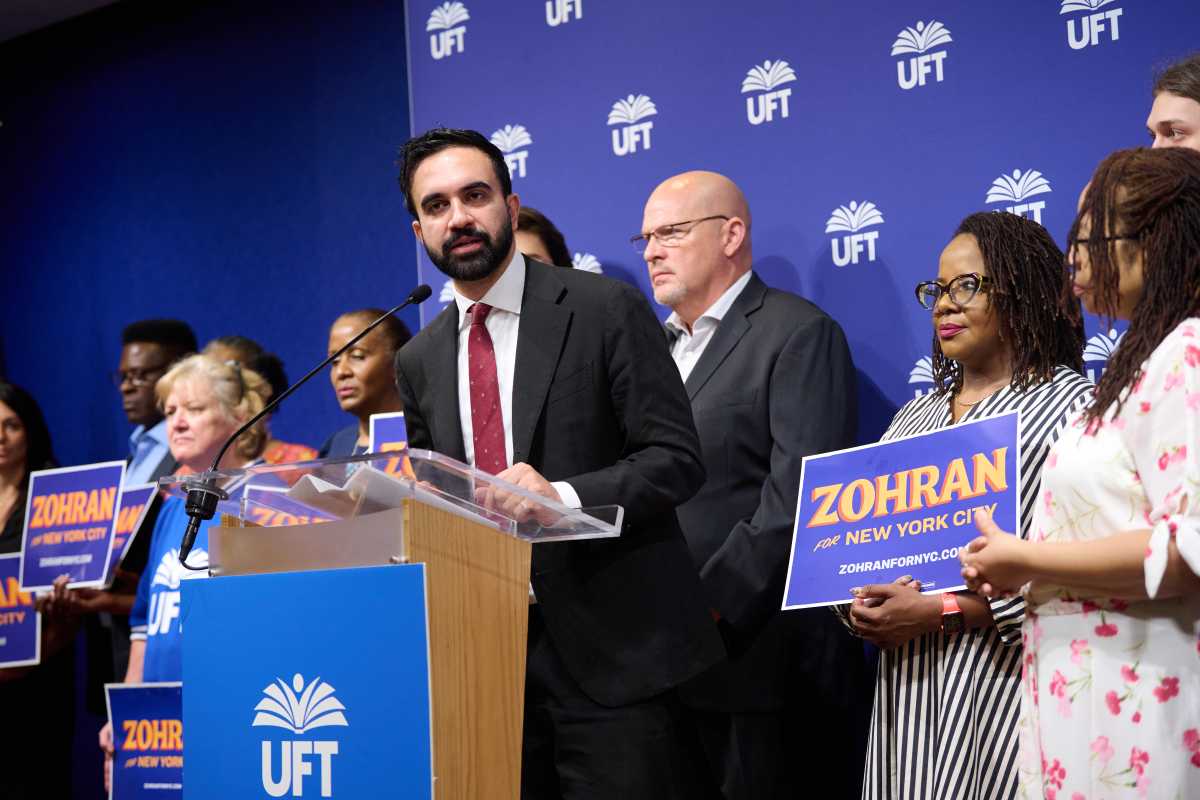Relief is on the way for organizations that provide support and services for individuals with disabilities and their families across the five boroughs.
Governor Kathy Hochul announced that the New York Office for People with Developmental Disabilities will provide more than $1.5 billion in one-time American Rescue Plan Act funding to support recruitment efforts, retention incentives and vaccination bonuses for Direct Support (DSPs) to address chronic staffing shortages at group homes that became dire during the coronavirus emergency.
“We are very happy to finally receive much-needed financial resources to better compensate direct support professionals who work so hard each and every day. Sadly we have only seen funding reductions over the past 10 plus years,” said Janet Koch, CRO of Life’s WORC, which provides comprehensive services and support to people with intellectual disabilities and autism and their families in Queens, Manhattan and Nassau counties.
“We have renewed hope that Gov. Hochul and OPWDD’s new Commissioner Kerri Neifeld recognize the workforce crisis that has only been exacerbated by the COVID-19 pandemic,” Koch added. “Our staff showed up every day putting themselves and their families at risk to care for so many of New York’s most vulnerable people.”
The funding will establish a “Heroes Fund” which will provide incentive payments to those DSPs who worked during the pandemic with additional payments for those who received the COVID vaccine. Retention and longevity bonuses will make additional investments in the workforce by rewarding longevity and providing additional bonuses to staff who remain in the DSP workforce.
“Direct Support Professionals provided essential support to people with developmental disabilities throughout the pandemic when we needed them most, in spite of the risk to themselves and their own families,” Hochul said. “We owe these workers a debt of gratitude and the American Rescue Plan funding paves the way for bonuses, incentives and one-time pay raises to help keep these hardworking, loyal and devoted workers doing what they love most, supporting people with developmental disabilities.”
Long-term recruitment and retention strategies will be developed and tested with funding for projects that address the long-term stability of the workforce. Funding will be made available to incentivize credentialing and other strategies that build skills and competency of the DSP workforce and frontline supervisors.
“Direct support professionals provide essential services to people with developmental disabilities so they can lead rich and rewarding lives of their choosing,” Neifeld said. “They are the backbone of our system and they bravely showed up to work throughout the pandemic to care for and support some of the most vulnerable New Yorkers. Although the work is emotionally taxing, direct support is a labor of love for the people who choose this career.”
During his visit with the Life’s WORC team at the organization’s original group home in Little Neck, Mayor-elect Eric Adams learned about the challenges they face, particularly relating to workforce shortages. Adams offered to set up an advisory committee to help address some of these challenges at the city level.
“If we could put together a group like this, a cross-section […] and just say, ‘Eric, here are the low hanging fruits that we can do now, here are some of the things that we can do later,’ and just start putting us on a pathway,” Adams said. “We need to be pouring our resources into those who have barriers.”
While the governor communicated how the $1.5 billion in federal funding will be utilized it is all one-time incentives. The fight to see increases in the state budget for a long-term remedy to the chronic group home staffing shortfall remains ahead.
“We seek a competitive wage as we once had to ensure quality care for our people, and because the people caring for them deserve that,” Koch said. “This is a step in the right direction.”





































